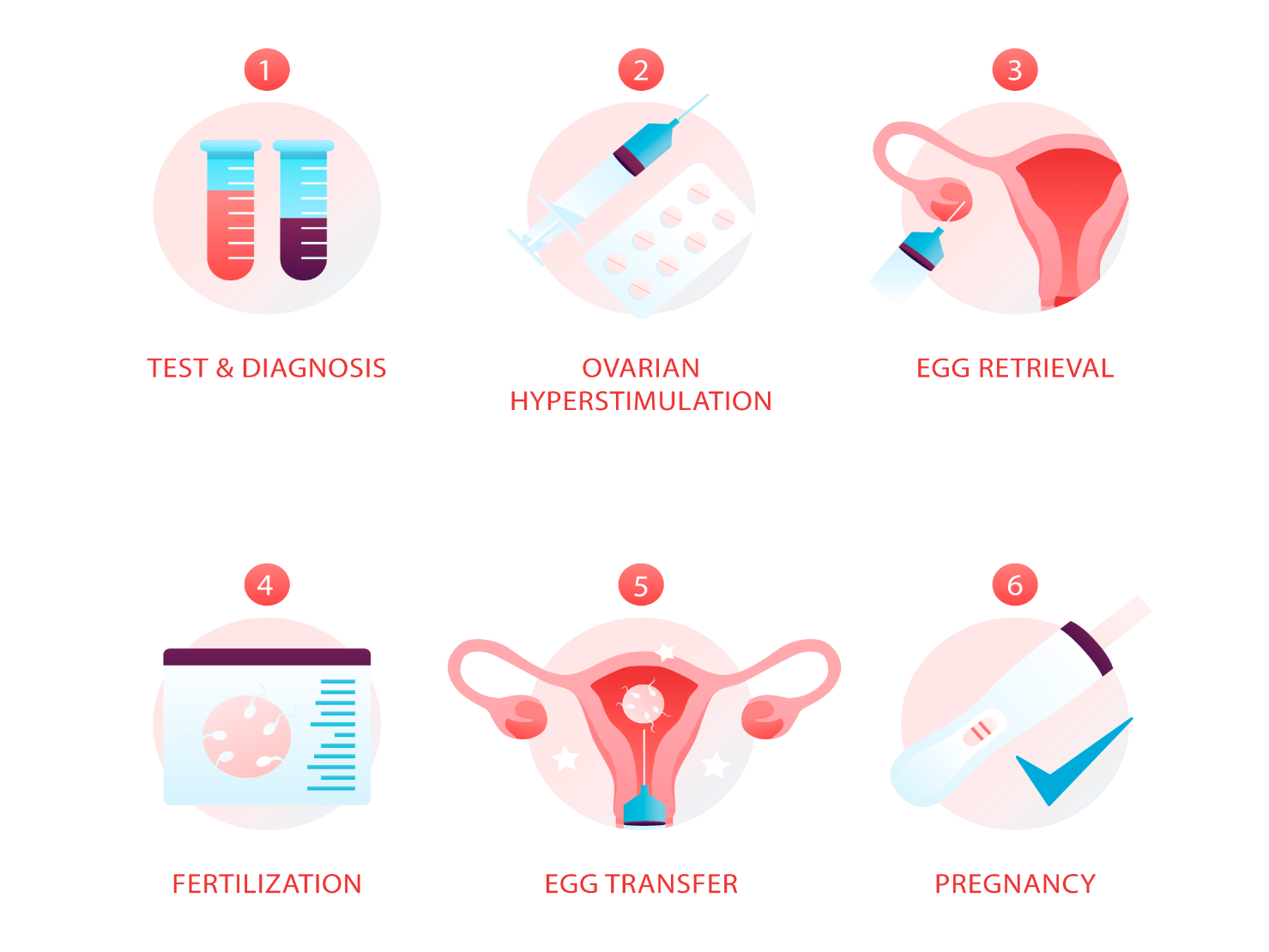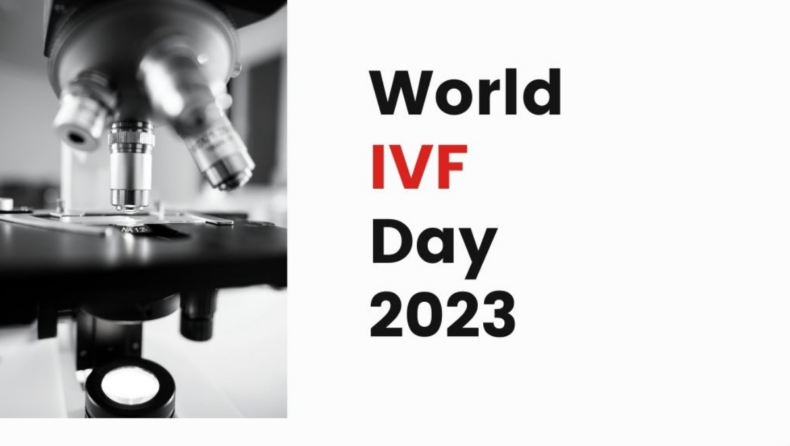World IVF Day: It is a good time to clarify the groundbreaking medical treatment of in vitro fertilisation (IVF) and debunk common misunderstandings about it as the globe observes Globe IVF Day. Numerous infertile couples have had their lives dramatically changed by IVF, which allowed them to become parents and a glimmer of hope. Nevertheless, despite this reproductive treatment’s tremendous effectiveness, there are still a number of misconceptions about it.
Table of Contents
Understanding IVF: A Lifeline for Infertility

With the use of cutting-edge assisted reproductive technology known as in vitro fertilisation, an egg and sperm are joined together outside of the body, in a lab dish. In an effort to successfully conceive, the resultant embryos are then carefully raised for a few days before being placed into the woman’s uterus.
For couples struggling with infertility for a variety of causes, such as fallopian tube obstructions, endometriosis, male factor infertility, or unexplained infertility, IVF has emerged as a lifeline.
IVF success rates have greatly increased over the years as a result of technological breakthroughs, medical skills, and a better grasp of the intricacies of the operation. IVF is one of the most successful reproductive procedures available today, giving individuals who have tried traditional techniques of conception without success hope.

Myth #1: IVF Is Always the First Option
IVF is often misunderstood as the last choice for couples having trouble becoming pregnant. In actuality, fertility doctors frequently advise IVF after trying out less invasive procedures like ovulation induction and intrauterine insemination (IUI). IVF is typically explored when previous techniques have failed to produce a healthy pregnancy or when the underlying reason for infertility calls for more sophisticated treatment.
Myth #2: IVF Is Guaranteed to Succeed
Despite the high success rates of IVF, it is important to realise that treatment is not a guarantee of pregnancy. The woman’s age, the reason for her infertility, the quality of the embryos, and the fertility clinic’s level of experience can all affect the success rates. IVF patients should anticipate numerous rounds and be aware that effort and patience may be needed for success.
Myth #3: IVF Leads to Multiple Pregnancies Only
One recurrent misconception about IVF is that it always results in multiple pregnancies, such as twins or triplets. Multiple pregnancies were more frequent in the early days of IVF, but as reproductive technology has advanced, the likelihood of multiple pregnancies has decreased due to greater control and the transfer of a single high-quality embryo. The health and well-being of the mother and the unborn child are given priority by fertility clinics, which frequently recommend single embryo transfers.
Myth #4: IVF Is Only for Older Women
IVF is not just for older women who are attempting to get pregnant, even though this is how it is frequently linked. Couples of all ages, including those suffering from infertility brought on by diseases, hereditary factors, or unknown causes, can benefit from IVF. Based on a patient’s medical history and other pertinent circumstances, fertility specialists evaluate each case individually and suggest the best course of action.
Myth #5: IVF Leads to Health Problems in Babies
In the past, worries concerning the health and happiness of IVF-conceived children have been expressed. IVF infants are often just as healthy as those conceived spontaneously, according to significant research and studies. Regular prenatal care and monitoring are vital to protecting the health of the mother and child during pregnancy, as they do with any pregnancy.
Myth #6: IVF Is Always Physically and Emotionally Taxing
IVF may be physically and emotionally taxing for some couples, but it’s important to remember that everyone’s experience is different. During their IVF journey, many couples find a tonne of support through counselling and support groups, which may reduce tension and worry. The physical effects of IVF have also become more tolerable for many people because of improvements in fertility treatments and techniques.
The Importance of World IVF Day Raising Awareness

The annual observance of World IVF Day serves as a reminder of how In Vitro Fertilisation has significantly improved the lives of countless people and families. We can promote a more thorough awareness of this reproductive procedure and help individuals in need by eliminating myths and misconceptions about IVF. More people now have a better chance of becoming parents because of medical advancements in reproductive technology, which gives happiness and fulfillment to families worldwide.













